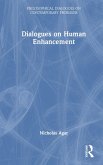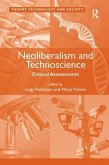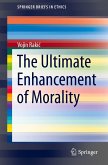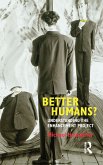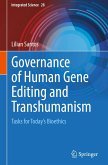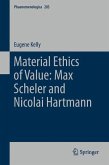This book shows how pressing issues in bioethics - e.g. the ownership of biological material and human cognitive enhancement - successfully can be discussed with in a virtue ethics framework. This is not intended as a complete or exegetic account of virtue ethics. Rather, the aim here is to discuss how some key ideas in Aristotle's Nicomachean Ethics, when interpreted pragmatically, can be a productive way to approach some hot issues in bioethics. In spite of being a very promising theoretical perspective virtue ethics has so far been underdeveloped both in bioethics and neuroethics and most discussions have been conducted in consequentialist and/or deontological terms.
From the reviews:
"This brief book is an argument for the compatibility between virtue ethics and human enhancements. ... The purpose of this book is to contribute to the conversation on enhancements by introducing virtue ethics to present a new perspective on human enhancement. ... the book addresses a topic in an important field, and provides a foundation for future discussion ... . it is most appropriate for readers not yet well versed in the Aristotelian virtue ethics tradition." (Emily K. Trancik, Doody's Book Reviews, March, 2013)
"This brief book is an argument for the compatibility between virtue ethics and human enhancements. ... The purpose of this book is to contribute to the conversation on enhancements by introducing virtue ethics to present a new perspective on human enhancement. ... the book addresses a topic in an important field, and provides a foundation for future discussion ... . it is most appropriate for readers not yet well versed in the Aristotelian virtue ethics tradition." (Emily K. Trancik, Doody's Book Reviews, March, 2013)


